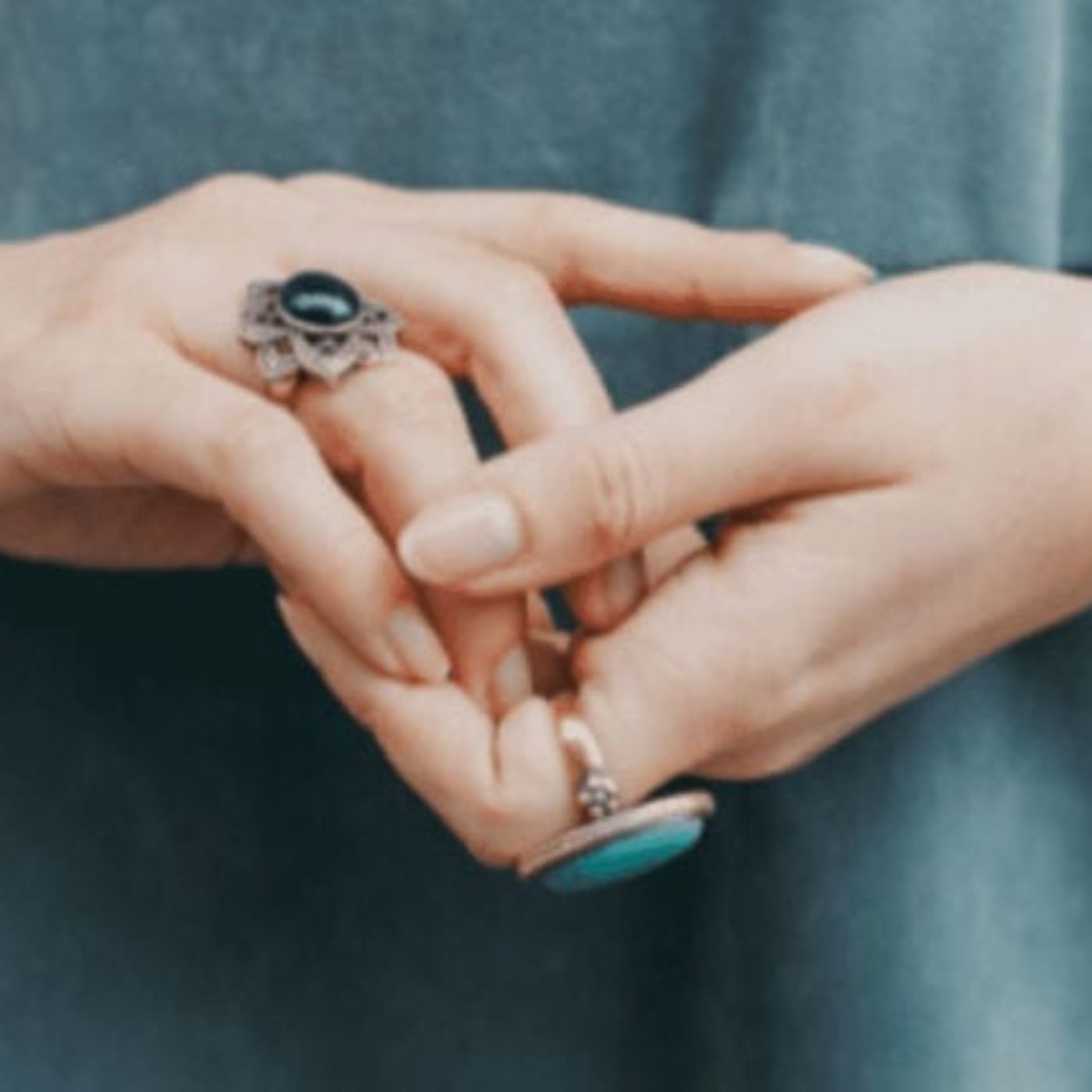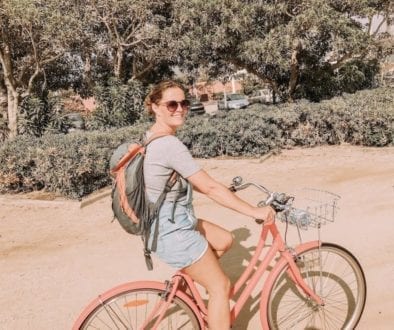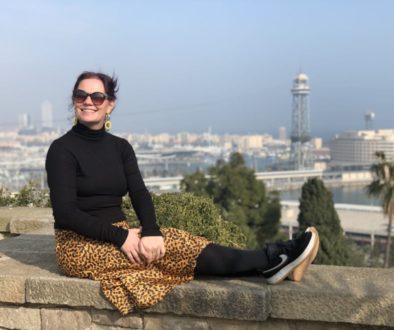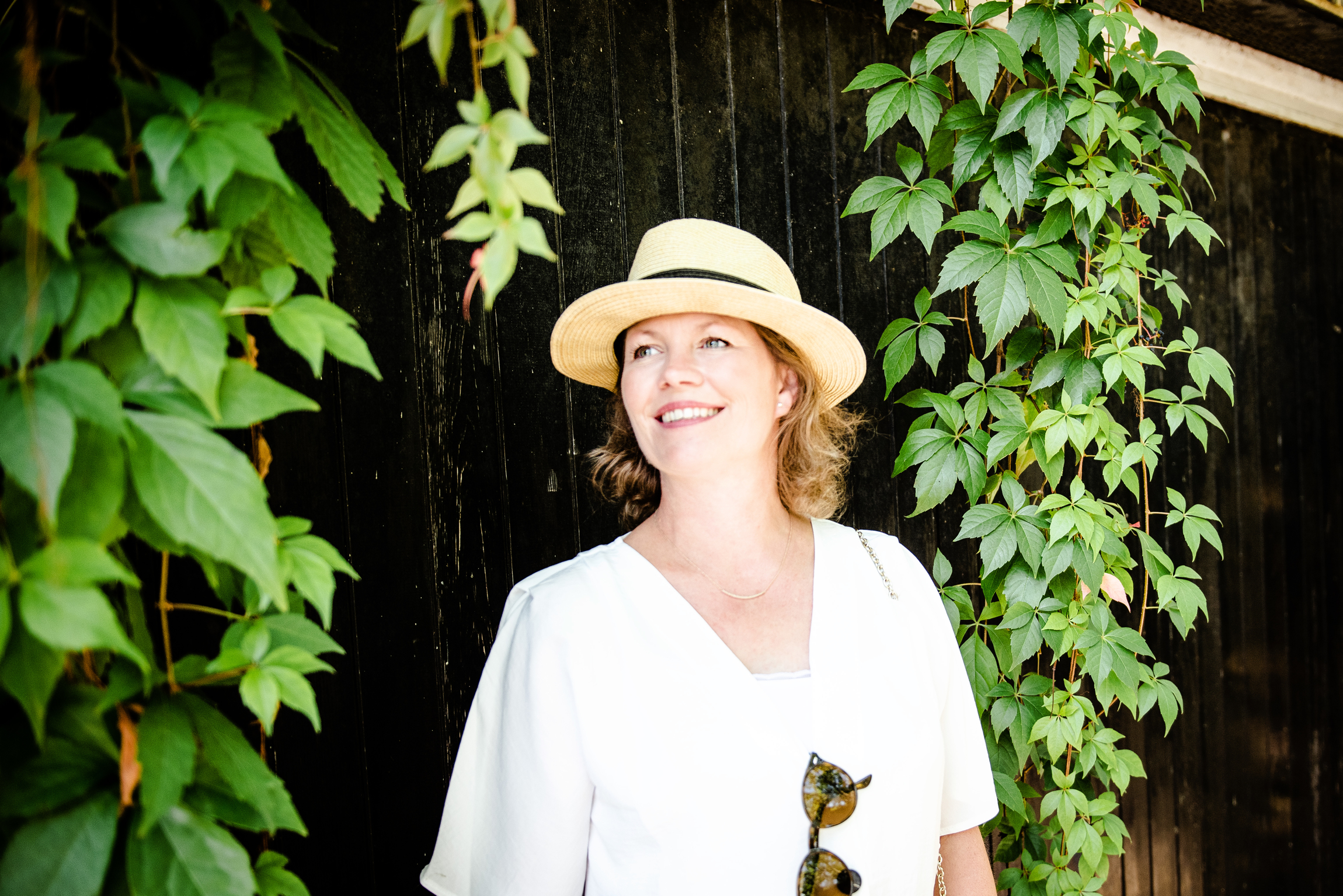Oxytocin: The Cure For Anxiety + Immunity
Oxytocin – the love or cuddle hormone – can help us feel happier and boost our immune system despite living in a world in turmoil.
Covid-19 is rocking the world. Extreme anxiety, fear and heart break – as well as the disease itself – are the hallmark experiences of this time.
Before I dive in, my first thought every morning, and the last thought I have every night, is to silently pray for the millions of people who’re suffering. I’m holding you close in my heart.
My story might be small and micro-level, but I wanted to share the years of work I’ve done to learn to thrive with extreme anxiety and how oxytocin is my coping drug of choice.
I’d like to start by saying that the best gift you can give yourself right now is compassion and mercy and love. It’s OK to feel anxious. It’s OK to feel suffocated by the tidal wave of worry that’s washing over you. You’re allowed to lose your sh**t; sobbing on the kitchen floor, screaming at your kids, escaping to the shower because it’s the only peaceful place in your house.
Leave the self-judgement outside. These waters are unchartered in our lifetime; none of us can or should do it alone.
You’re not alone.
Right now, every time I see the news in my mind it’s accompanied by the sound of ventilators beeping, the urgency of multiple ambulance sirens powering the deadly silent streets. The feeling of fear teleports me back to August ’97.
I was 21. I’d just returned back to the UK after a long, heady summer spent wilding about in Spain, hitch-hiking the breadth of Almería and the Costa del Sol. The stuff of student dreams. Catching a lift with a wealthy fruit dealer in his flashy red Golf GTI; contemplating where we might be going as my bum was wedged further into a sharp plywood box housing a single crate of ripe peaches. Singing along to Bon Jovi as we cruised at lightening speed.
Long summer nights had been spent working in bars filled with plump, red-faced Brits ordering from menus with photographs and groups of women hustling to get to the bar to bulk order their eleventh round of cocktails. Days lost in a lazy haze of suntan lotion and Tinto de Verano.
It sounds bliss, but a few days after I returned back to the UK (around the time of Diana’s funeral and just days before I was due back to my final year at University) I got really sick, really fast.
An ambulance stretchered me out of the bedroom at my mum and dad’s and delivered me to the hospital just as my organs collapsed. Suspected viral pneumonia, meningitis, sepsis. Who knows? We never did get a clear diagnosis; but I was critically ill on a ventilator for weeks and it was the first traumatic medical experience I’d had.
I got over it physically, but the medical anxiety became part of me and only worsened. In the following decade I witnessed my dad dying of a heart attack just as I’d returned from Glastonbury, and a few years later my mum facing a lengthy, terminal and ugly battle with lymphoma whilst I was trying to beat breast cancer myself.
Extreme anxiety became part of who I am. Even though I’m a positive person who laughs most of the time; partly I attribute that as part of living with ADHD. But the anxiety can wrap itself around me like a spiders web.
Acknowledge what trauma means to you
Today I feel extraordinarily grateful; health feels like a precious luxury that I and my loved ones have as I write this (in the moment).
Healing is a continuous journey. It’s not linear and it’s not simple. It’s as multi-layered and complex as the tapestry of your emotions and your experience.
The reason I’m sharing my approach with you is simple: I want to help you dance your way through the dark to trust and grow and be kind to yourself.
Trauma can go two ways; it can eat you up, or it can help you grow.
The power of oxytocin
The simple truth, for me, is that creating more oxytocin heals me, over and over again. Oxytocin is known as the cuddle hormone, or the love hormone. Traditionally it’s been linked with birth and sex and breast-feeding, but more recent research shows that it’s power is more far-reaching than that.
I’ve spent the best part of two years studying the importance of this hormone on our happiness levels.
Oxytocin creates attachments, bonds with the right people. And the smallest things can increase our levels of it; stroking a dog, raving whilst making bread (like my good friend Jess), writing down how you feel, thinking of someone you love, forgiving someone you don’t.
Plus – critical during this Covid-19 era – oxytocin boosts your immune system.
It’s the opposite hormone to cortisol, so the more you can increase it, the less stress you’ll feel. It’s the cure we all need more of right now, and even if you’re alone, you can still increase it.
Jung famously said:
“The meeting of two personalities is like the contact of two chemical substances: if there is any reaction, both are transformed.”
I love this – it’s one of my guiding principles to life – but I believe there is so much more. I believe that the oxytocin production has to start from within, with the relationship we have with ourselves, and I want to share how I keep my levels topped up on the daily:
Make tiny acts of self-soothing
Every single one of us is unique; we all have our tools to bring ourselves back into the moment. For me, it’s all about the soothing sounds. Meditation, self-hypnosis and cooking are my thing, but I’m not suggesting they should be yours.
Many people struggle to get into meditation; I’ve been that person. But a few years ago I worked out that guided meditations to background music was my thing and today, with practice, its now my go-to inner sanctuary and teaches me SO much on the daily. Clarity, my mission and my relationships with the world and myself are so much clearer. If you find meditation / spiritual practicing hard, but would like to feel clearer and more at peace, I highly recommend this Mind Valley meditation coursethat is currently free:
If this is already your thing, check out the self-soothing, psychedelic sounds of the Gabapodcast, third-eye opening meditations to figure out your true purpose in this radically altered landscape.
For a beautiful take on anxiety and overwhelm, listen to this TedX talk: It’s OK to feel overwhelmed, here’s what to do nextwith Elizabeth Gilbert.
And if it’s not, there’s so much else out there. Weeding the garden, watching your favourite box sets, playing the piano, knitting, colouring books.
Cooking is therapy for me; our freezer is currently stocked with a rainbow of meals. Every time I feel overwhelmed I turn to making healthy, organic food. It sounds simple but knowing I’m supporting my family’s immune that floods me with hope.
If you can’t put your finger on it, ask yourself, what is it that takes you out of your head and into the moment? Do more of that. Re-ignite childhood passions, activities you used to do with your grandparents, stamp collecting.
Tiny moments can make miracles in your mind.
Consciously cut out the noise
My beliefs on this covers the media, social media, and the virtual connection platforms like Zoom and House Party.
Firstly, the news. Back in 2001 – after 9/11 – research showed that even watching the news, as opposed to being directly involved in the event, triggered PTSD.
I know that every day I limit my news exposure, the more in the moment I feel, and the happier I am.
This is not a pub quiz: you don’t need to consume all the stats; there are no prizes for being a Covd-19 expert unless you’re a government advisor or specialist with actual research at your fingertips instead of social media. What benefit is that giving you other than filling yourself with fear?
Humans have complex brains: it’s why we are such a dominant force. Unlike other animals we can predict, we can imagine.
But there is a design flaw and a downside to this; our brains cannot separate fact from fiction.
It’s why dreams feel real. It’s why watching the news triggers PTSD. It’s why we compare ourselves online to others. It’s why we get so anxious.
I cannot recommend enough closely guarding your downtime. That could be limiting your news and social media consumption; this has hugely helped me over the past couple of weeks.
There are too many people who feel compelled to share every gory story, but to what use or impact? Look at the practical ways you can help instead; shopping for an elderly neighbour, volunteering, phoning elderly or lonely relatives.
Tiny actions equal big results; choose your actions carefully.
You will gain nothing from being an over-sharer in this context; consider people who don’t go on social media to read this stuff.
And I’ve learned so much about communication in the last week.
Last week, I talked about the irony of being in self-isolationbut feeling like (thanks to House Party), everyone is always in the (virtual) house. The noise has shifted from irl to online. But how healthy is this?
And finally, all the Zoom calls, I’ve learned in the last week, are great for work, but no replacement for a conversation unless you have an agreed agenda or purpose. They can rapidly descend into noise.
It’s a bit like being down the pub with your mates on a busy Saturday night; everyone’s had a drink and are shouting into each other’s ear and you leave feeling like you didn’t really get to find out how people are.
If you feel depleted by them, let people know you’d like to talk one-to-one instead; there is zero pressure to always be on.
Reflect on the rules that are going to work for you, closely monitor the stimulation you’re getting from the external world and go with what feels good.
The oxytocin boosting power of being kind
As you know, human chemistry is my passion and area of interest. And when the world is changing so rapidly, kindness always matters.
I listened to this fascinating interviewon Dr Rangan Chattergee’s Feel Better Live More podcast. David Hamilton, a pharmacist turned author, talks about how kindness makes you happier and increases the oxytocin.
And it’s also hugely important for our physical health: it boosts the immune system and heart health.
Kindness is the opposite of stress and it starts with you. Where can you create 10-15 minutes a day to be kind to yourself? What does kindness look like?
This is the time to go big on feeling grateful, paying people compliments, making people gifts. And the more you do that the more the love hormone will flood your being.
Hugs are especially important, but even if they’re out of bounds to you right now, you can still hug, stroke and massage yourself!
Giving myself a morning Qi Gong massage feels kind and sets my energy up the right way. Even a 2 minute self-head massage can help re-set when the anxiety creeps in.
Self-expression is needed more than ever
Expressing yourself in some way – through writing, blogging, art, music, or any other form, helps people to accept themselves more fully.
For me, even if my kids can’t do complicated maths, if they can voice how they feel in some way, I know they’ll do OK.
Expressing our truth is an essential human need and it’s a huge step forward in being more ourselves and having a good relationship with ourselves; directly against the old “keep calm and carry on” so associated with us stiff-upper-lipped Brits.
And it’s not just ourselves, expressing yourself in whatever form has copious amount of other benefits too.
It increases our creativity and productivity as well as helps us be the best version of ourselves, according to researcher Judith Glaser.
This is why – even if you don’t feel compelled to share publicly – writing down how you feel each day and what you’re thankful for, gets it out of your head and onto paper.
Plus, it helps us share and collaborate with others; to build relationships and grow through genuine partnerships. She says:
“Neuroscience is teaching us that “self-expression” might be the one – if not the most important ways for people to connect, navigate and grow with each other.”
There’s never been a better time than during this lockdown to voice how you feel in a way that feels good for you. People need your story to help them navigate their own feelings and it also gives you a clear purpose, which boosts your oxytocin levels too.
Surround yourself with people you have chemistry with
You know those people who always respond negatively, who you leave feeling drained instead of stocked up? People who always come back to the downside are not going to help you right now. This is hard, especially if it’s people in your close family, but you owe your emotional well-being to cut those calls to a minimum.
Go back to your values. I know for me connection, humour and adventure are hugely important to me. Spend more time consuming content that inspires you; learning from people you trust and speaking with people who you have the chemistry with – they’re your people.
Finally, it’s good to be reminded that increasing oxytocin has a compound effect. The more you release, the easier it is to release more.
Choose hope. Be kind. Give yourself a hug.




